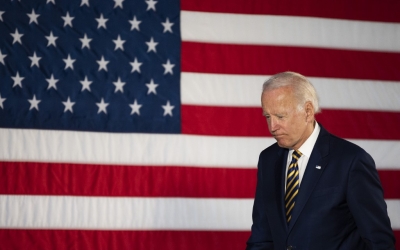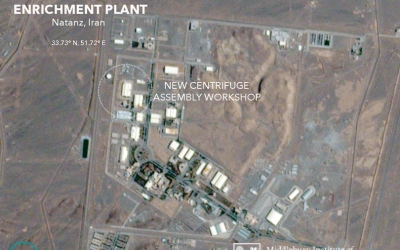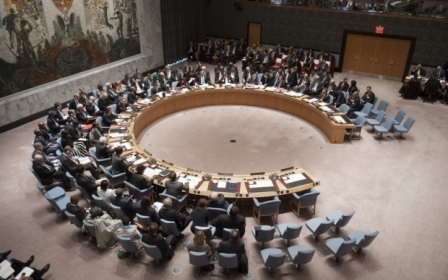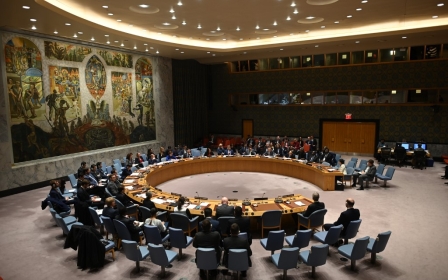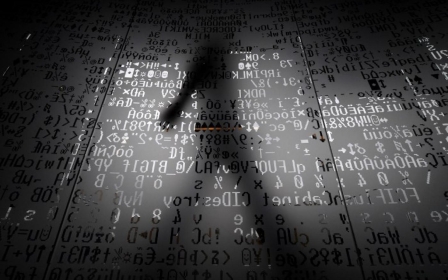Iranian press review: Tehran weighs options against potential US snapback of UN sanctions
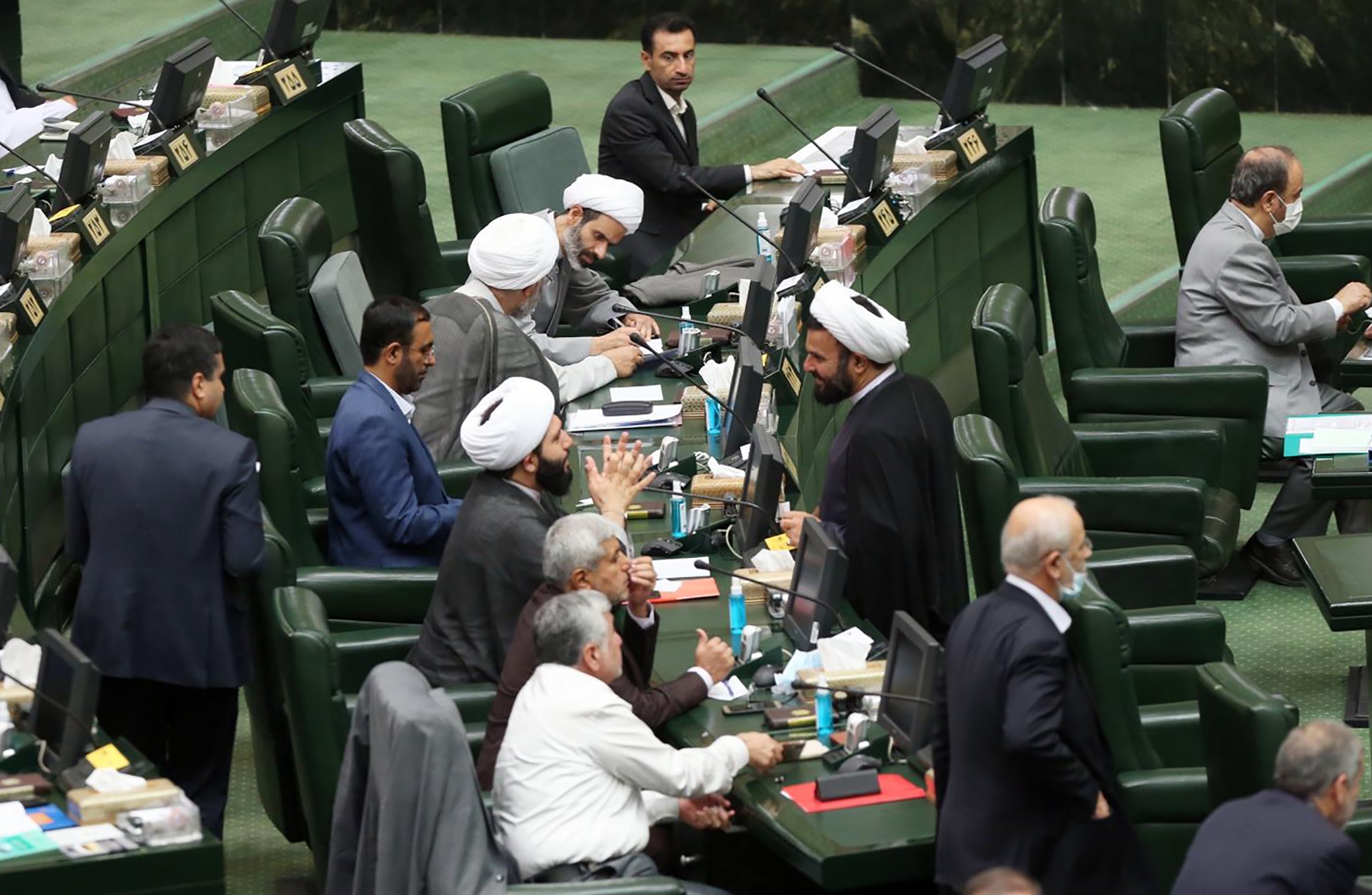
Parliament to introduce motion against US threat of sanctions snapback
Iranian lawmakers have passed a dual emergency motion that would oblige the government to leave the 2015 nuclear deal if Washington triggered a snapback of United Nations sanctions, Tasnim news agency has reported.
The move by Iran’s parliament, which is controlled by conservatives, came after US President Donald Trump said on Wednesday that he had directed his secretary of state to notify the UN Security Council that the US intended to restore virtually all previously suspended UN sanctions on Iran.
Last week, the Security Council rejected a US-sponsored resolution to extend an arms embargo on Iran. In response, Trump announced that Washington, despite the US's unilateral withdrawal from the nuclear deal, would trigger a “snapback” mechanism that was granted to the participants of the agreement.
Following the US withdrawal from the deal, known formally as the Joint Comprehensive Plan of Action (JCPOA), and its subsequent campaign of maximum pressure against Iran, conservatives in Tehran had pushed for retaliatory actions.
Iranian conservatives have been the main domestic force opposing the JCPOA, and since winning control of parliament in February have tried to force President Hassan Rouhani's moderate government to take more anti-US stances.
According to the new motion, if the UN accepted the activation of the snapback mechanism by any country, the Iranian government must completely abandon the nuclear accord within 72 hours.
In response to the motion, the pro-conservative Javan daily suggested that rather than abandoning the nuclear deal, Tehran should follow the strategy of European signatories since the US abandoned the deal.
“We should do exactly what European countries did, which means we would not leave the accord but resume our nuclear programme exactly as it was before signing the deal,” wrote the daily.
“After that, to do exactly what European powers did, we can issue a statement every single day and blame Europe and the US for violating the deal.”
After the US withdrawal, European countries remained committed to the deal. However, due to US sanctions they have been unable to uphold their obligations.
University students slam presence of 'informants'
The 56-month prison sentence handed to student activist Bahareh Hedayat and the arrest of two Science Olympiad medal winners, Amir Hossein Moradi and Ali Younesi, have sparked a debate over the role that students connected to Iran’s intelligence agencies play in controlling the country’s powerful student movement.
Iran’s student movement was born in the early 1940s and has always been under great pressure, both before and after the 1979 Islamic revolution.
Interviewing student activists in Iran’s highly politicised universities, Ensaf News has analysed the role of rightwing students in an article under the headline “‘Committed students or informants?”
In Iran, members of the Basij paramilitary organisation, one of the Islamic Revolutionary Guard Corps (IRGC), and army soldiers have a special quota to attend public universities. According to Iran’s Intelligence Ministry, these students are called “committed students”.
Mohamda Nouri, an activist at Amirkabir University, told Ensaf News that, by giving admission to students working for them, Iran’s intelligence agencies had turned universities into their backyards.
“There is no doubt that these students are connected to intelligence services,” Nouri said. “Even the universities’ administrations are aware that they report on the activities of students and professors to agencies outside the campuses.”
According to Nouri, such reports were systematically used by Iran’s intelligence agencies and the judiciary system to pin false cases on student activists.
Ali Nanvaei, an activist who had been arrested during last year’s demonstrations at Tehran University, told Ensaf News that when a protest took place on a university campus, students who were members of Basij took videos of the protests, which would later be used in courts as evidence against activists.
“Military and police forces are banned from entering all university campuses, but I was arrested on the campus by the plainclothes and then beaten up at the university security office,” Nanvaei said.
Soil theft new threat to prehistoric Hyrcanian forests
The stealing of fertile soil from Iran’s Hyrcanian forests is the latest threat to the prehistoric site, already damaged by timber theft, illegal construction and over-grazing, local media has reported.
According to the ISNA news agency, the soil of the Hyrcanian forests is highly prized because of its versatility, and used for a variety of purposes in backyards, gardens, orchards and farmlands.
Iran’s Hyrcanian forests, nestled between the Alborz mountains and the Caspian Sea, date back 25-50m years and are registered on Unesco’s World Heritage list.
Despite national laws to protect them, reports have revealed that, on average, 40 hectares of the forests disappear every day.
Environment activists have warned that with the current pace of deforestation in northern Iran, these prehistoric and diverse forests will disappear within 70 years.
A soil smuggler, who spoke with ISNA on condition of anonymity, revealed that forestry department check points examine trucks for timber smuggling only.
Hyrcanian forests soil is sold as cheaply as $1 per 10 kilos.
*The Iranian press review is a digest of reports that are not independently verified as accurate by Middle East Eye.
Middle East Eye delivers independent and unrivalled coverage and analysis of the Middle East, North Africa and beyond. To learn more about republishing this content and the associated fees, please fill out this form. More about MEE can be found here.


